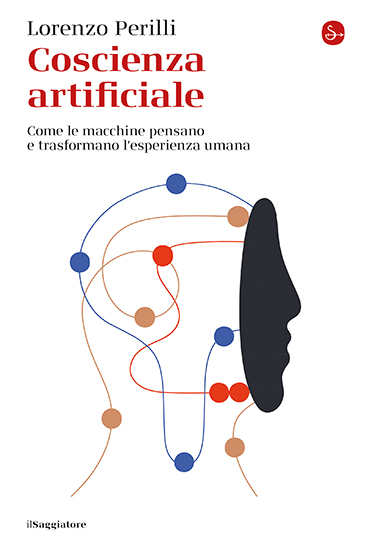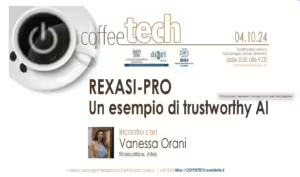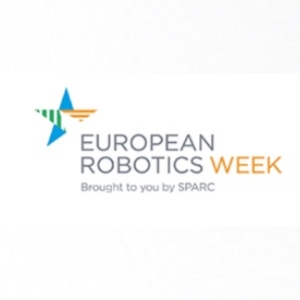
Pirot, Serbia: Final Conference of the Erasmus + ‘Robotics Curriculum Development’ Project
In Pirot, Serbia, the Final Conference of the Erasmus + project ‘Robotics Curriculum Development’ (KA210-VET-2C05C51F) took place from 23-27 September 2024. The Conference was hosted







